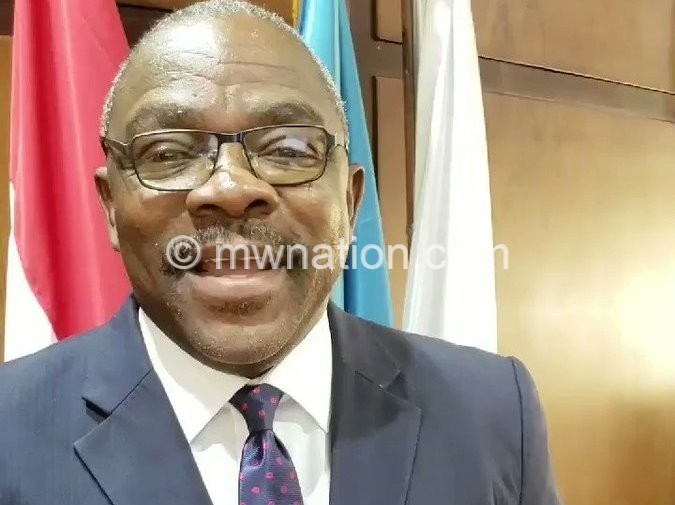ECA pledges support to strengthen African govts capacities
The Economic Commission for Africa has said it will continue to work hard to support governments on the continent in their goal to own, plan, manage and fund it’s development.
ECA’s principal regional adviser on development planning Sylvain Boko said this at the end of a six-day training workshop on Strengthening the Capacities of African Governments for Integrating Accountability in Development Planning that was held in Nairobi, Kenya.

He said: “Accomplishing this goal requires greater ownership of countries’ development agendas at the national level. To do so calls for the availability of robust and reliable data and information for leaders and policymakers to make informed and evidence-based policy choices.”
Boko said the training aligns perfectly with the new strategic framework of the ECA; to help build the analytic capabilities of member States; support member States in formulating macroeconomic and sustainable development policies; help member States to design innovative funding mechanisms; support regional integration, including regional and sub-regional transboundary initiatives; and to advocate continental ideas at the global level.
For his part, Nepad acting chief executive officer Daniel Osiemo said sustainable economic growth and development requires a proper framework for planning based on evidence.
“Linking that to statistics as we have seen over the past few days is crucial,” he said, while emphasising the importance of integrating accountability in national development plans.
The overall objectives of the training were on one hand, to strengthen the capacity of African national planning institutions to integrate accountability frameworks and evidence-based policymaking in their development planning processes, and on the other to strengthen the capacity of African national statistics institutions to collect, compile and produce the data necessary to inform and support development planning. The training also allowed dialogue among these institutions so they can continue to work together to implement, monitor and evaluate their national development plans and programmes.





